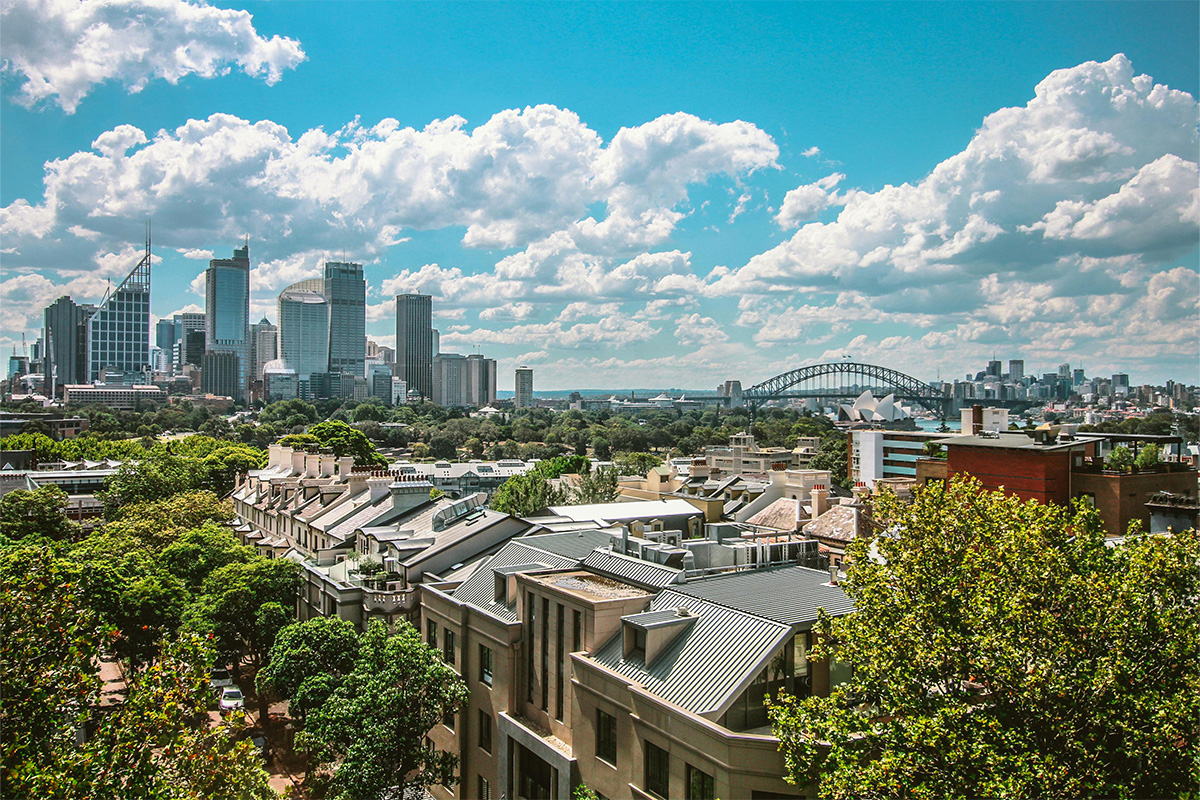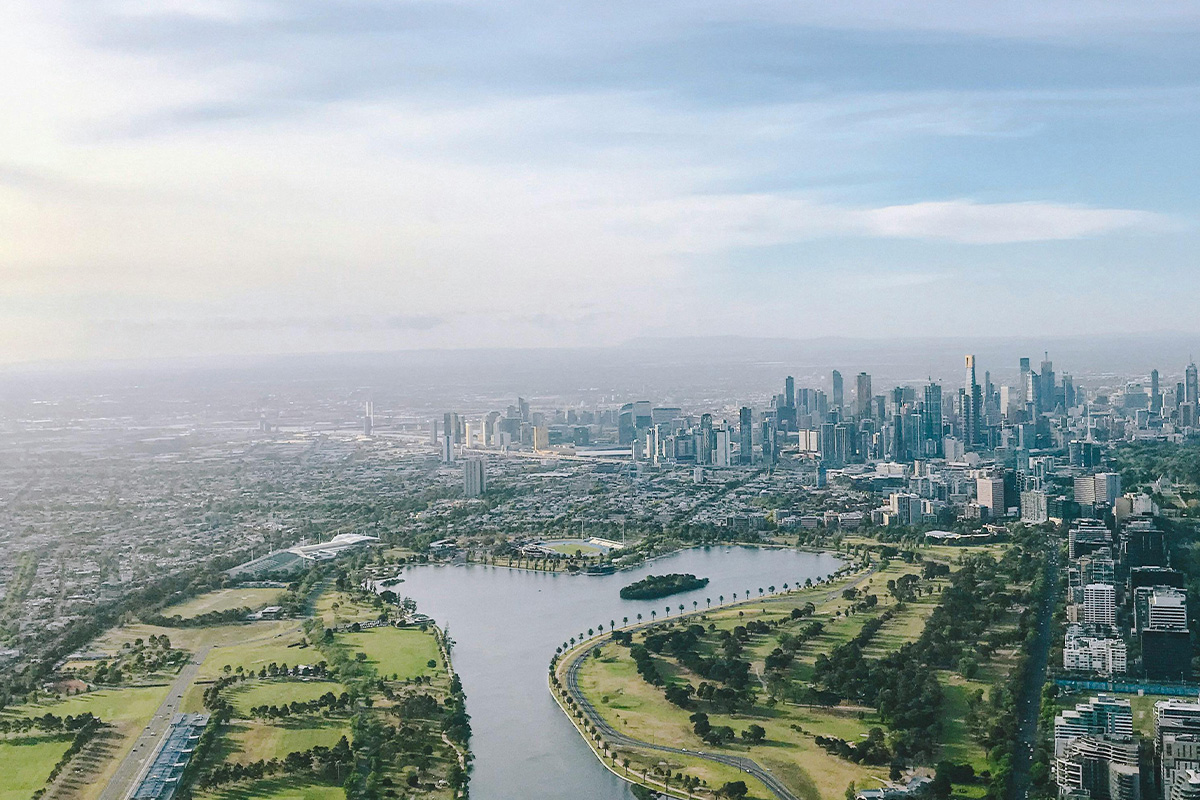
05 Apr Navigating Australia’s Temporary Ban on Foreign Homebuyers: Implications for the Property Market
On February 16, 2025, the Australian government announced a temporary ban on foreign investors purchasing established homes, effective from April 1, 2025, to March 31, 2027. This policy aims to alleviate housing affordability issues and increase the availability of properties for Australian residents.
With market dynamics shifting, now is the time to explore strategic investment opportunities. Property Finance Invest can help you navigate these changes with expert insights and tailored finance solutions.
Understanding the Ban
The ban specifically targets foreign investors seeking to purchase established residential properties. However, it does not extend to new developments or off-the-plan properties, which remain accessible to foreign buyers. This distinction is crucial, as it indicates the government’s intent to channel foreign investment towards increasing housing supply rather than competing with local buyers for existing homes.
Current Foreign Investment Landscape
Data from the Australian Taxation Office reveals that foreign purchases constituted only 1% of all real estate transactions from July 2022 to June 2023, with merely a third involving established homes.
This suggests that the ban targets a relatively small segment of the market. Financial expert Mark Bouris criticised the policy, labeling it as ineffective and superficial, arguing that foreign buyers primarily purchase high-end properties that do not compete with typical family homes.
Potential Impact on Housing Supply and Affordability
Given the minimal involvement of foreign investors in purchasing established homes, the direct impact of the ban on housing supply and affordability is expected to be limited. The core issue remains the national housing shortage, exacerbated by a 28% shortfall in new home construction compared to population growth between June 2023 and June 2024.
To address this, the government aims to build 1.2 million homes by mid-2029, as part of the Housing Australia Future Fund.

Enforcement and Compliance Measures
To ensure adherence to the new regulations, the Australian Taxation Office (ATO) has been allocated $5.7 million for the 2025–26 period to strengthen its compliance team. A comprehensive audit of foreign investment in vacant residential land is also planned to discourage speculative land banking that delays development.
Broader Policy Considerations
While the ban is a step towards addressing housing affordability, experts argue that more comprehensive reforms are necessary. These include increasing social housing and revising tax regimes to tackle the underlying issues. Additionally, existing restrictions on foreign investment already ensure that most foreign investments contribute to new housing projects, making the ban’s impact on the housing market minimal.
It’s essential to recognise that while the ban on foreign investors purchasing established homes is a notable policy shift, its direct impact on the housing market may be limited due to the small proportion of such transactions. The focus should remain on addressing the broader issues of housing supply and affordability through comprehensive strategies that encourage new developments and support local buyers.
Get in touch to make the most of this evolving market.


